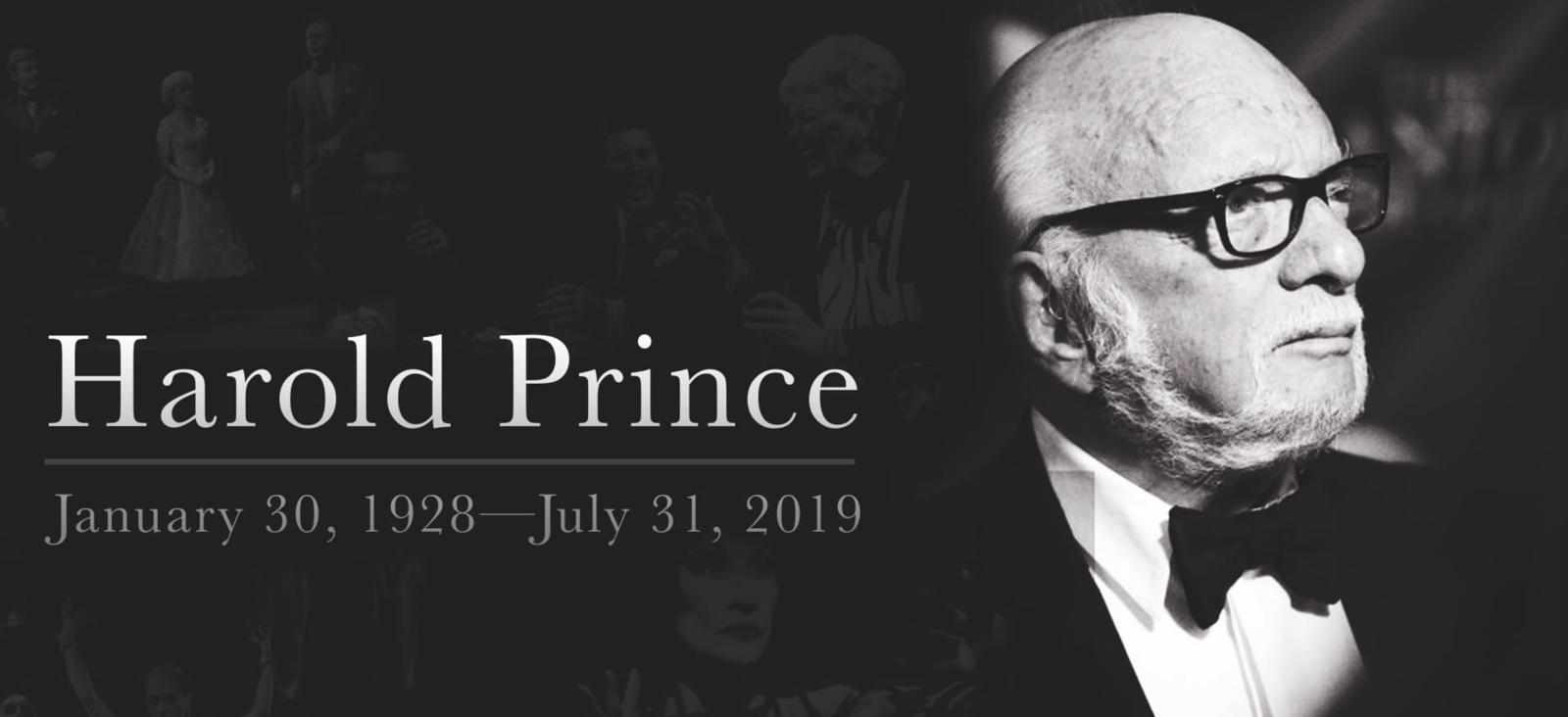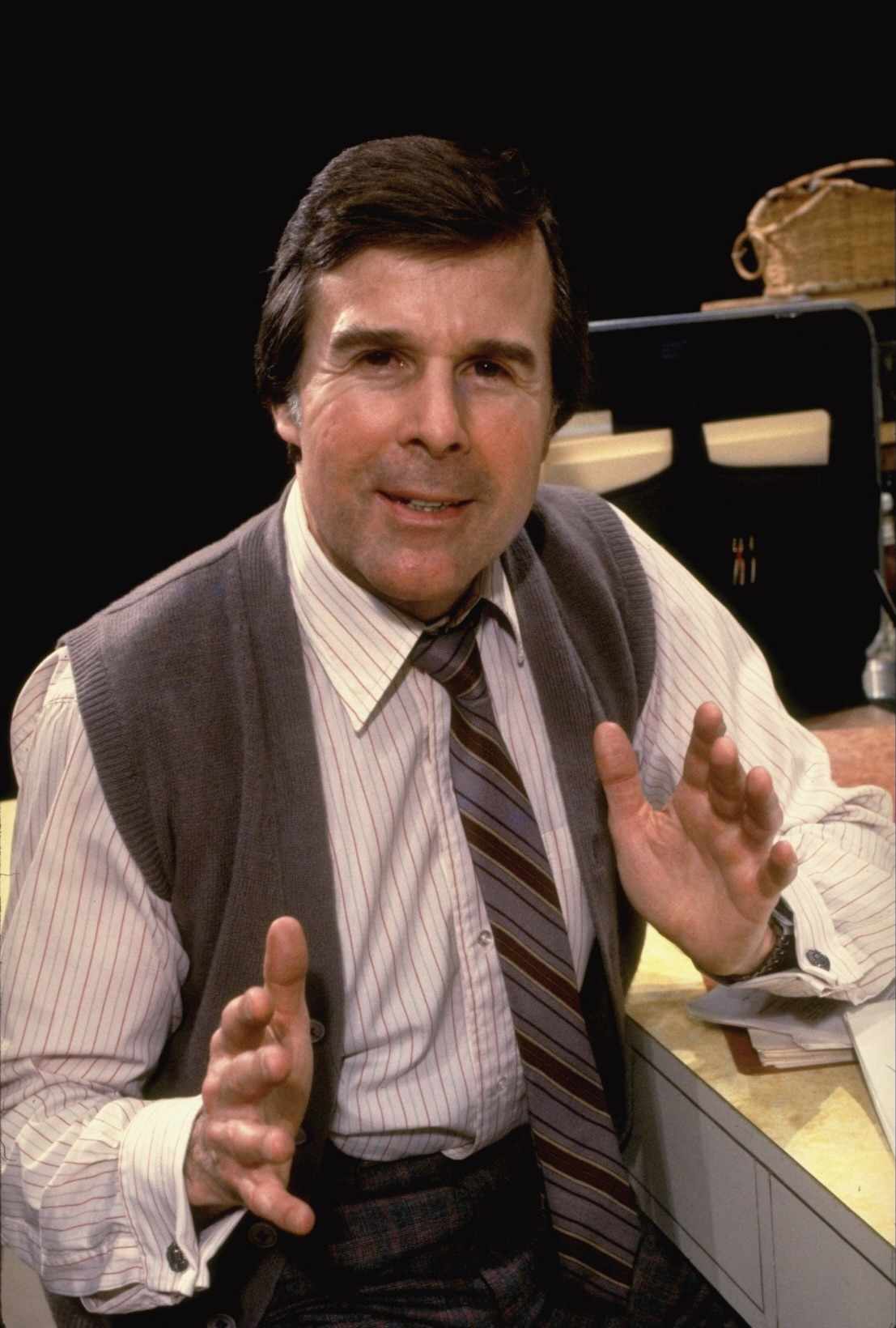
March 13, 2023: Theatre Yesterday and Today, by Ron Fassler
When the musical Follies opened on Broadway in 1971, a show set at a reunion of former Ziegfeld-like showgirls, seventy-four-year-old Ethel Shutta (pronounced shuh-TAY), a former Ziegfeld alum herself, had already experienced a long up-and-down career in show business. It began when she was a child in vaudeville, carried on through radio and then to Broadway where she made her debut in The Passing Show of 1922, in which she played in a sketch satirizing Eugene O'Neill's The Hairy Ape, and onto the apex of revue musicals, the 1925 edition of The Ziegfeld Follies. Her choicest role was playing opposite Eddie Cantor in the hit musical Whoopee! in 1928. If she never could have imagined it would take another forty-three years for serious recognition from audiences, at least her swan song in Follies was a memorable one, albeit performing in just one number (but what a number!). In James Goldman and Stephen Sondheim’s musical about a theatre being demolished and its “first and last reunion before, in a burst of glory, it’s to be a parking lot,” Shutta was a standout. And for all involved with the show, it was clear from the first day of rehearsal that this match of singer and song was perfection personified. And even though “Broadway Baby” was never designed as a true solo, but part of a trio of songs with Shutta’s originally set as the middle portion, the audience response was so strong from the get-go that a change needed to be made. Fifi D’Orsay singing “Ah, Paris!” had to be moved to the second spot so the montage would finish with the appropriate build and close out with “Broadway Baby.” Shutta once told a friend of mine, “Fifi never got over that.”
Ted Chapin’s wonderful memoir, Everything Was Possible: The Birth of the Musical Follies, is a chronicle told from his vantage point as a college-aged “gofer” on the original production. In it, he reports how when auditioning actors for the show, Harold Prince and Joanna Merlin (its director and casting director) were focused on finding anyone with a connection to the heyday of the the Ziegfeld Follies. In Shutta’s case they were handed a gift, as she was the sole casting holdover from a previous incarnation of the show titled The Girls Upstairs, that at one time was to be produced by Stuart Ostrow (1776, Pippin). In Chapin’s telling Shutta, not one to take anything for granted, wrote Joanna Merlin a four-page thank you letter stating how happy she was to be cast because she thought her career was over.
It’s one of the reasons why her “Broadway Baby” works on so many levels. Ostensibly, it’s a song this old lady once sang as a young chanteuse with all its youthful optimism now colored by all that came between her twenties and seventies. Shutta was totally in on the joke, but there was something about the way she sold it that still held onto a youthful optimism while also filling it with a wry cynicism. Shutta was one of those types who loved being on stage so much that she never wanted to stop working. This was true when her career was put on hold for a long stretch during a time she struggled with a drinking problem. But fought back, her fingernails always clinging to the ledge of show business until her dying day, working a tiny role on the daytime soap Ryan’s Hope (which is not credited to her page on IMDB, unfortunately — an oversight she would have hated).

As sensational as she is when you hear her on the recording of Follies, unless you saw her performing it, you really can’t imagine what she was doing while she sang “Broadway Baby.” No such problem for me as I was lucky enough to see Follies as a fourteen-year-old at the April 3, 1971 Saturday matinee prior to its Sunday night opening. In the review I committed to paper when I came home from the show, I wrote: “Ethel Shutta brings down the house with her one song.” Genuine critics wrote the same thing the very next day.
Shutta stayed with Follies for its entire fifteen-month Broadway run and recreated her role in the Los Angeles production in the late summer of 1972 with members of the original cast. It turned out to be a shorter run than anyone anticipated, as due to poor business, it ended early and didn’t tour as planned. But there was one last performance of “Broadway Baby” left for Ethel Shutta to give, which came in the form of a chance to sing it one more time at the age of seventy-six. This was at the 1973 “Sondheim Tribute,” thankfully recorded live as a double-record-set, known to aficionados as the “Scrabble Album.” And seriously, it could drive a person crazy trying to decipher what the hell Shutta is doing to solicit screams of laughter from the audience. And her ovation does just what I said it did at the matinee two years prior at which I attended: she brings the house down.
For those in attendance on this memorable night, among the glittering array of notables who saluted Sondheim, it was the old lady in orthopedic shoes who gets one of the largest ovations of an evening filled with them. The bits of business she did sent the audience into hysterics. I have listened to Shutta sing this song over and over for years, trying to recall what she did when I saw her do it the one time I saw Follies, but specifics stayed elusive in my memory. That is, until someone put together some rare footage that lovingly finds a way to forge these now ancient remains to her vocals, stolen off the live recording at the Sondheim Tribute. It showcases something that can’t be taught anymore, especially with no one alive to pass on the secrets of vaudeville. What Shutta does is organic and completely original, especially when she brings it home at the end, joined by Charles Welch, Marcie Stringer and Fifty D’Orsay to finish out the number as the trio of tunes intersect. I never tire of watching it and get chills every single time at her finish (just check out the moves on "great, big Broadway show").
Those moves, once called “eccentric dancing,” are in Shutta's DNA, which you can see from this much earlier footage (1930), when she recreated her performance in Eddie Cantor's Whoopee! from stage to film.
In 1978, while at Purchase College, I was directed in a play by Shutta's son, Charles Olsen. I can’t recall how in the days before the internet I came to discover his mother was Ethel Shutta, but of course, once I did, I couldn’t help myself from referring to him as “a Broadway Baby’s Baby,” as well as pepper him with questions of his mother’s career. When I asked him “Were you at the Sondheim Tribute?”, he smiled and nodded yes, I asked “What the hell was she doing?” And he smiled and said, “Everything she’d learned her whole career.”

Ethel Shutta died three years later at the age of seventy-nine. In show biz parlance, she went out on a high.
If you enjoyed this, please check out Up in the Cheap Seats: A Historical Memoir of Broadway, available at Amazon.com in hardcover, softcover and e-book. To receive all future columns by email, hit the blue FOLLOW button above and feel free to comment below or write me at Ron@ronfassler.org.





















Write a comment ...